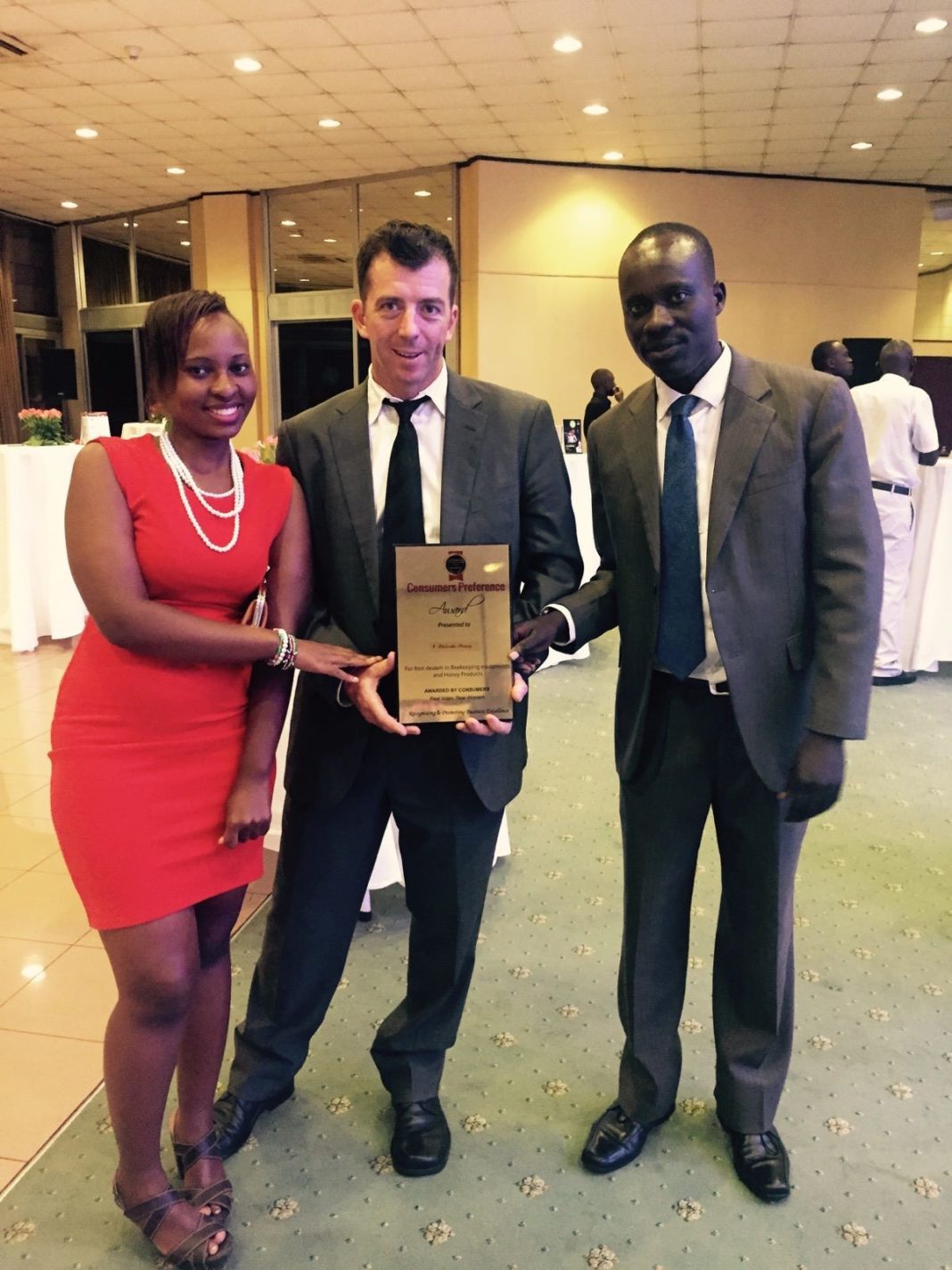By Eddie Muwumuza
International development aid is all over Uganda. It has seen the incubation and growth of different sectors in Uganda for over forty years. It was therefore a welcome move when a Dutch NGO by the name of SNV proposed to do a market value chain analysis of the honey sector in Buliisa district. Beekeeping has long been a very good option for poor farmers as you do not need much land, honey has high nutritional value, good markets and as we well know honeybees are integral to good farming with pollination of crops.
SNV carried out research on beekeeping in Buliisa district with a US$170,000 (about Shs600,000,000) grant from Total E&P as part of the oil company’s corporate social responsibility (CSR) programme. This research was aimed at improving the honey sector in the region, keeping in mind that TOTAL E&P is active in that area pursuing oil exploration. Being a Dutch-registered firm, TOTAL E&P gave the grant to a Dutch NGO to conduct the study.
A honey social enterprise, Malaika Honey along with a charity, Wildlife Conservation Society, reviewed the SNV Report. The two organizations claim that the report largely contains false information and misleading which they raised with the giant oil company. “That report is misleading and one could think it was made with the sole intent of soliciting funds from TOTAL E&P,” a Malaika Honey representative said.
Despite there being five beekeeping associations in the region, SNV’s report only mentions one. So the question remains. Why after eight months of comprehensive research did SNV leave out so much important information?
SNV spent eight months in the field carrying out the research that culminated in the report and they interviewed only 18 people in that period. Again in their methodology group, they were showing that they would conduct focus group discussions (FDG’s) during the research but in the final report, they indicate that they did not carry out a single FDG.
The research was led by a young graduate with very little experience in the sector, and that was reflected in the final product. Notably, research conducted for the purpose of the report was not approved by the Ugandan National Council for Science and Technology (UNCST). Every bigger research project carried out in Uganda requires validation from the UNCST.
Two weeks after the publication of the report, SNV submitted a fresh proposal to TOTAL E&P for further funding to bridge the gaps that had been identified in the report. This, some commentators argue, does not augur well about the intentions of SNV.
The SNV report perfectly reflects the current climate of development aid which is supposed to help the poor yet it can end up living off them. In her book ‘Dead Aid’, Dambisa Moyo argues that “development aid was extended to poorer countries in need after the success of the “Marshall Plan” to rebuild war-torn countries in Europe after World War Two.” However, with over fifty years of support from the western countries to Africa, we are seeing development agencies running as businesses and not helping the poor people they are meant to be helping.
Monika Krause in her recent publication ‘The Good Project’ goes into detail how charity has become more about development agencies making programs that look good on paper and are not effective.
She dives into the intricacies of the decision-making process at NGOs and uncovers a basic truth: It may be the case that relief agencies try to help people but, in practical terms, the main focus of their work is to produce projects. Agencies sell projects to key institutional donors, and in the process the project and its beneficiaries become commodities. In an effort to guarantee a successful project, organizations are incentivized to help those who are easy to help, while those who are hardest to help often receive no assistance at all. The poorest of the world are made to compete against each other to become projects—and in exchange they offer legitimacy to aid agencies and donor governments.
If one relates Krause’s view to the work done by SNV, one sees that she describes exactly what happened on the ground in Buliisa.
Mr. Simon Turner who has over a decade expertise as a beekeeping expert in Africa took this matter to the Dutch foreign affairs. They agreed to read the report but refused to address the matter officially. The person who reviewed the report commented informally that the report was indeed misleading the actuality on the ground and highlighted using young inexperienced researchers but refused to go on record.
We often see ambassadors in Uganda criticizing government policy publicly but when it comes to the actions of their own national entities in Uganda, they turn a blind eye.
Mr. Turner urges development aid organizations to refocus and show integrity in helping the poor. He states that charities like SNV the world over are on the frontline of fighting poverty and ensuring good governance and transparency, and in the same way they too should be accountable to the people they are seeking to help. The poor have no voice in this whole matter therefore their voice should be clearly brought out by the charities that seek to help. At this point in time, their work is unaccountable and reports like the SNV report go quietly in the night, leaving US$170,000 that could have been used effectively being misused for the organization’s own business development.







